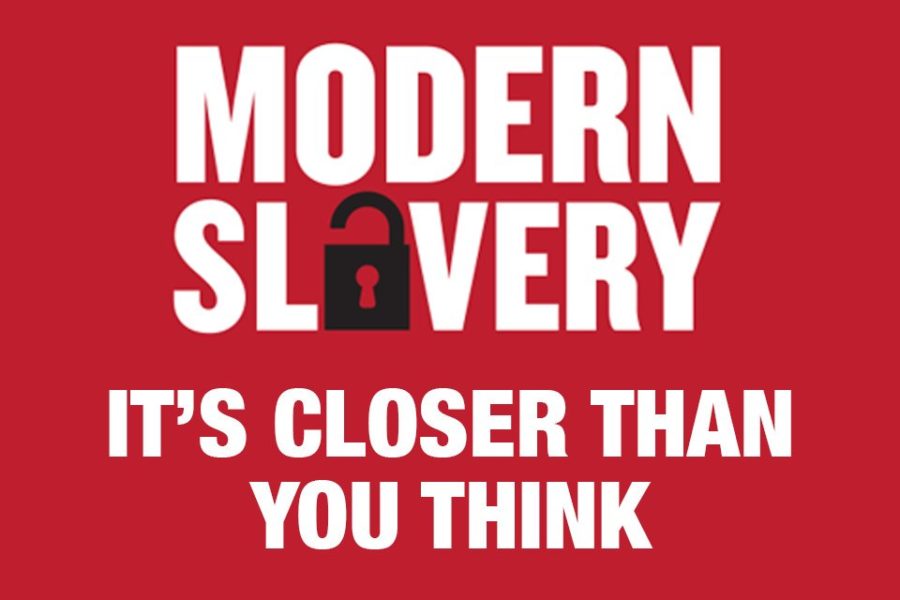7th March 2017 London, UK
The fight to end slavery is still not won

To me, and I expect many others, the word slavery conjures up images of the horrors of the transatlantic slave trade. Although the institution of slavery has been almost entirely abolished around the globe, there are still millions of people living in conditions of slavery. When we talk of child soldiers, women trafficked into the sex industry, forced marriage and bonded labour we rarely think of it as slavery. Yet these are modern forms of an ancient practice – the use of coercion and deception to exploit individuals. The UK is helping to lead a global effort to tackle these crimes.
Millions of people are enduring slavery right now.
We’ll be calling for action at the UN Security Council #UKPres #GlobalBritain pic.twitter.com/JFnR3AgQCE
— Foreign Office ?? (@foreignoffice) March 6, 2017
As Home Secretary and now as Prime Minister, Theresa May has championed this cause, passing the 2015 Modern Slavery Act and appointing the first Independent Anti-Slavery Commissioner, Kevin Hyland. The Act has set a new international standard for tackling modern slavery and brings together law enforcement, Government, service providers, civil society and the private sector.
Victims of modern slavery are found in almost every country. The Home Office estimate that 10,000-13,000 people in the UK are victims of some form of modern slavery but globally there are as many as 46 million people in these situations.
While this is a global problem, areas affected by conflict provide armed groups, terrorist organisations and criminal networks with the opportunity to exploit individuals and whole communities. These abuses take many forms, from the sexual exploitation of girls and women by Da’esh and Boko Haram, to child soldiers in Somalia and South Sudan, to forced labour in Libya or the Democratic Republic of the Congo. Migrants, the internally displaced and refugees are particularly vulnerable in areas where the rule of law has broken down.
This is not only a human tragedy but a serious risk to international peace and security, and state integrity as these groups use slavery to sustain and expand their operations and further destabilise the areas around them.
This is the reason that we are bringing the issue of modern slavery to the UN Security Council on 14 March with an open debate that will be a centrepiece of our Presidency. We aim to raise the profile of modern slavery, underline that the fight to end the practice is still not won and call on the UN and Member States to act more coherently and effectively to stamp it out.
